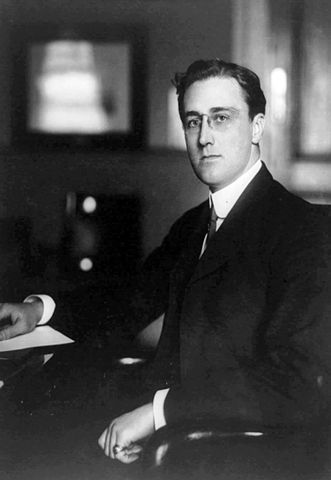As The Discovery of Middle Earth: Mapping the Lost World of the Celts nears its end and appeals to Geoffrey of Monmouth as a source of historical truth proliferate, even the most oblivious reader starts to get the joke: Geoffrey’s Historia Regum Britanniae was a milestone in the genre of historical fiction satirizing historical non-fiction by posing as historical non-fiction.
Geoffrey succeeded so well that he earned 900 years worth of cranks mistaking his fiction for fact. As with Arthur Conan Doyle and Sherlock Holmes, Geoffrey’s character of King Arthur is so compelling that many Historia readers keep insisting that Arthur must be real. This insistence is yet another demonstration that fiction believed shapes history as much as fact believed. The ideal of the real (but fake) Arthur shaped how Latin Christian rulers portrayed themselves and (sometimes) acted, and how their subjects thought they should portray themselves and act. Edward I even resorted to digging up Arthur’s bones to co-opt fiction to support his conquest of Free Britain.
Longshanks to Britons: See here? Arthur’s bones. No Once and Future King can save you now.
The Discovery of Middle Earth does not approach works by titans of its genre like Rachel Carson or Umberto Eco; the library Discovery of Middle Earth belongs in would explode in swirls of subatomic particles if it ever brushed against Eco’s antilibrary. But, even if it does not belong in Eco’s library, it does belong in another Eco chamber. Like Eco’s Foucault’s Pendulum, Discovery of Middle Earth satirizes independent scholars who start drinking their own research. Though it lacks the deep scholarly verve and meticulous revelry in small details that makes Eco’s masterpiece a feast for readers, Discovery of Middle Earth is more approachable to readers who might get lost in Foucault’s weeds of arcana but who want more than the thin swill of the Dan Brown corpus.
The protagonist of The Discovery of Middle Earth (a thinly veiled pastiche of best-selling British highbrow tourist guide author Graham Robb) is an English independent scholar who spirals down into madness as an artifact recovered in the backyard of his Oxford cottage leads him to discover a previously unseen “Celtic” geography of lines drawn across Europe by “Druids” so contemporary that they would not be out of place at a Davos symposium. Soon enough he starts seeing this pattern staring back at him from obscure rural corners of France and later Britain and Ireland. As with all madness, he first becomes one with the pattern and then descends below that oneness when he finds the pattern staring back into him.

